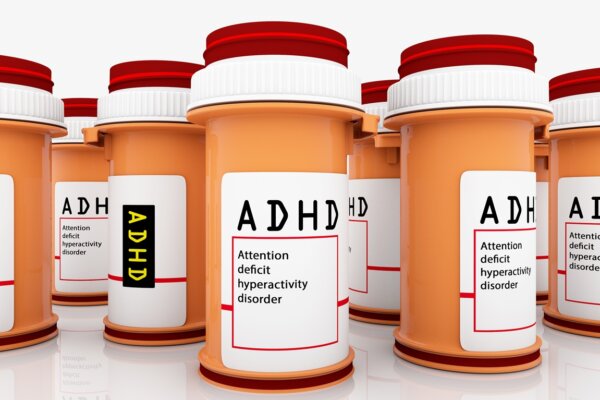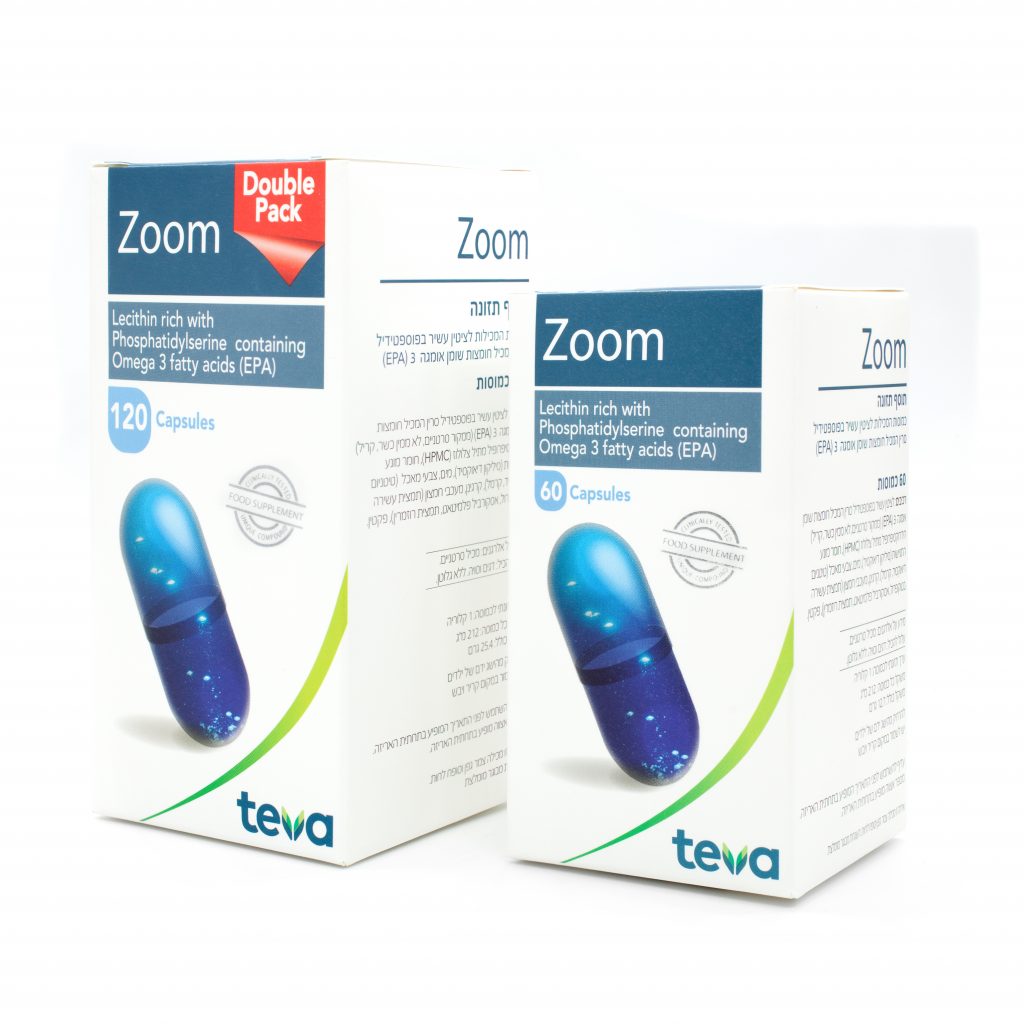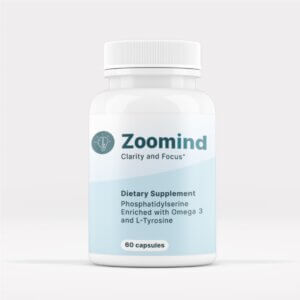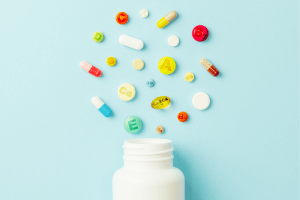Attention-deficit/Hyperactivity Disorder (ADHD) is a condition that may start to be noticed in children from around six years of age, and persists through to adulthood in the majority of those afflicted, although the symptoms and effects of the disorder do change.
It’s been accepted by doctors, therapists and scientists that trying to cure ADHD with diet, behavior modification, medication, or any of the other available treatments doesn’t work. Right now, it looks like there is no cure for ADHD. But the accepted treatments do produce substantial immediate benefits so it’s worth pursuing the subject for the gains that they can give.
The three most widely used treatments are prescribed medications, behavioral therapy, and dietary supplements. In treating ADHD, the emphasis is on relieving the symptoms or reducing the degree of severity.
What are the Signs and Symptoms of ADHD?

The American Psychiatric Association groups the symptoms of ADHD for children into three broad categories:
- Mainly hyperactive/impulsive – demonstrating impulsive and hyperactive behavior such as fidgeting, inability to wait for their turn, interrupting people while they’re talking, and difficulty focussing on tasks.
- Mainly inattentive – demonstrating difficulty in focusing, following instructions and finishing tasks.
- Combined hyperactive/impulsive and inattentive – the most predominant type of ADHD combining the symptoms of both hyperactive and inattentive traits with a tendency toward impulsiveness, an inability to pay attention, and higher-than-normal energy and activity levels.
Body changes as children mature can exacerbate the symptoms of ADHD in teenagers. The introduction of new physical features during puberty and emerging independence are a part of any teenager’s life but may be a more significant challenge for those with ADHD. Research suggests that teens with ADHD may have higher rates of:
- unusual sexual behavior
- suicidal thoughts
- illegal drug use
- smoking
- food problems leading to obesity or bulimia
- lower self-esteem and social functioning which can lead to trouble with relationships with peers and family as well as academic performance
In adults the typical ADHD symptoms may present in a different form, largely owing to the freedom of activity that adults have.
- Behavioral changes can result in underachievement and failure, which causes the person to see themselves in an increasingly negative light.
- There may be signs of self-neglect, such as compulsive eating, an imbalanced diet, neglecting exercise, and forgetting to take scheduled medication.
- Adults living with ADHD may come across as irresponsible, insensitive or uncaring.
- Substance abuse or misuse, which most often involves alcohol, tobacco and other drugs, is one of the more serious aspects of ADHD in adults.
- Fatigue is for several reasons a consequence as well as a symptom of ADHD. It may be due to hyperactivity, and the additional effort adults must apply to focus, and the side effects caused by prescribed ADHD medications. Whatever the cause, it can cause a feedback loop in which attention difficulties can increase fatigue which in turn raises the level of ADHD.
- Trouble in maintaining healthy relationships, whether professional, romantic, friendship or platonic. Adults living with ADHD may come across as irresponsible, insensitive or uncaring.
Start by consulting with qualified healthcare providers and your friendly pharmacist to see the best course of action before making any decisions on such an important issue.. Your body is unique and requires special attention, which only you and they can give.
Repeating what we said in the beginning, there isn’t a cure for ADHD. The main aim is to reduce the symptoms as much as possible without introducing unwanted side effects. The primary treatments are:
- Prescription medications
- Dietary supplements
- Behavioral therapy
- Skills training
- Psychological counseling
One of the most popular and well-researched alternatives to prescription medication is management of your diet. There is considerable evidence that boosting the levels of polyunsaturated fatty acids (PUFAs), more specifically omega-3 fatty acids, can have beneficial effects for people living with ADHD. Omega-3 is not produced in the body, but must be part of the dietary intake. The best source of PUFAs is cold-water fish such as salmon, sardines, tuna etc. However, modern diets are generally lacking in sufficient amounts of these. This alternative is not economically viable for most people since it requires at least two meals per week of these expensive alternatives.

Simple dietary supplements are available with high levels of omega-3, especially with the compounds that are known to be most beneficial for ADHD, eicosapentaenoic acid (EPA) and docosahexaenoic acid.
A good dietary supplement should correct dietary imbalances that are associated with ADHD, designed specifically to deliver omega-3-rich phosphatidylserine supplemented with eicosapentaenoic acid (EPA) which have been found to be most beneficial in treating ADHD.
- Omega-3 is an essential food component that boosts the body’s supply of dopamine, which is required in neurotransmission. Many prescription medicines for ADHD also try to target dopamine production, which is essential for the brain’s functions of cognition and memory.
- Phosphatidylserine’s role is in keeping the mind and memory sharp. It covers and protects cells in the brain and acts in transmission of messages between them by enhancing the activity of dopamine neurotransmitters.
Omega-3 itself is not produced in the body, but must be part of the dietary intake. The best natural dietary source of PUFAs is cold-water fish such as salmon, sardines, tuna etc. However, modern diets are generally lacking in sufficient amounts of these.
How Does Zoom Work?
Zoom is specifically designed to increase the volume of omega-3 fatty acids your child’s body receives. A child’s body cannot manufacture omega-3 fatty acids on its own. It receives them through the food they eat or else with a dietary supplement.

Omega-3 boosts the body’s supply of dopamine, which is required in neurotransmission. Many of the prescription medicines for ADHD also try to target dopamine production, which is essential for the brain’s functions of cognition, memory and focus.
FAQ
What are the negative effects of the prescribed ADHD medications?
Long-term amphetamine use can cause:
- Dependence
- Compulsive drug-seeking and obsessive behavior
- Hallucinations
- Violent behavior
- Cravings for the drug.
Long-term users of amphetamines are also at greater risk of accidental overdose, which can be fatal. Drug dependence can develop from frequent and long-term use of amphetamines. Thresholds are different for people of different ages, making it difficult to determine which duration or quantity of drug use would develop into addiction.
Long-term amphetamine use can mean that as patients build up a natural tolerance, they will need higher doses to regain the same effect.
For teenagers and even more so for adults, ADHD medication misuse raises the possibility of long-term negative effects much more than for children. the possibilities of long-term effects are much greater than for children. They are subject to far less supervision and have either their own or “street” access to supply.
There has been relatively little research into the long-term medicinal use of methylphenidate. One observation was of a decreased overall growth rate which has been attributed to the effect of one drug using methylphenidates that disrupts sleep cycles which may create issues with growth.
Some of the drugs based on methylphenidates, such as Ritalin, have developed a reputation as “study drugs” for students, since they produce known side effects, including insomnia and restlessness, which both affect sleep patterns.
What special concerns are there with ADHD medication for adults?
For adults, one of the main problems is addiction to the prescribed drugs. Both types of ADHD drugs act by affecting the levels of dopamine in the brain. Dopamine is a “feel-good” chemical that boosts feelings of euphoria. Stimulants accelerate the rate at which natural dopamine is created by the body and the sensations of pleasure increase. In a feedback loop, this can increase the desire for more of the stimulant and eventually lead to addiction.
There may be genetic influences that make the user more likely to become addicted. Furthermore, psychological issues may also contribute to the increased need for psychostimulant medication, such as anxiety, depression or unresolved conflicts. The increased production of dopamine helps the sufferer to find temporary relief from the underlying issues that can harm them if left untreated.
Does diet affect ADHD?
It is generally agreed that ADHD is not caused directly by diet. In fact, one study found the exact opposite – that overall diet quality does not affect ADHD risk, whereas children with more ADHD symptoms may be at higher risk of an unhealthy diet.
On the other hand, there is considerable agreement that boosting the levels of polyunsaturated fatty acids (PUFAs), particularly omega-3 fatty acids, can benefit people who have the disorder.








